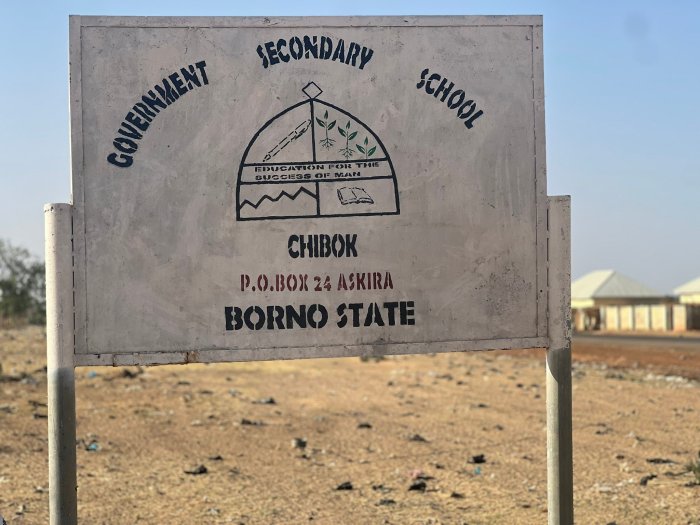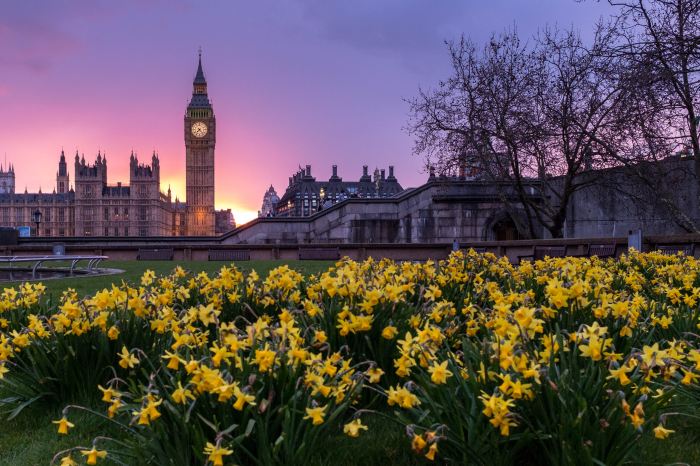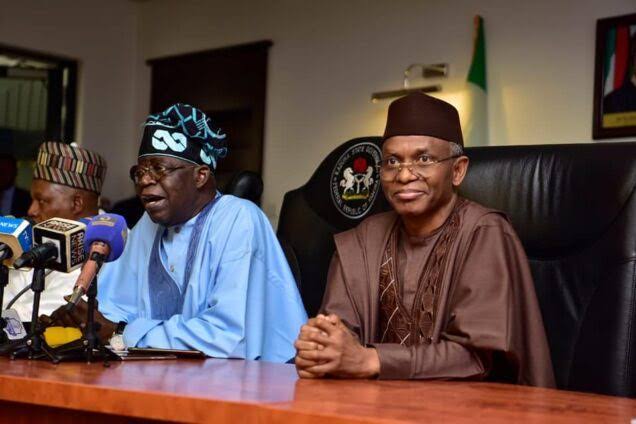This article was originally published on the CSW-Nigeria website.
Christian Solidarity Worldwide Nigeria (CSWN) came across an article written by the British Broadcasting Corporation (BBC) titled: Nigeria’s Chibok Girls: Parent of Kidnapped Children Heartbroken – Again, dated 1st April, 2024. There was also an Arise News programme on April 3rd, 2024, on the morning show, titled: Freed Chibok Girls Wed Captors in Borno. The Arise news program dwells on the BBC article but expands it with more insight.
What the two media outlets were saying is that some of the freed/rescued Chibok secondary school girls, abducted on April 14, 2014, by Boko Haram, have chosen to remain with their de-radicalized, former insurgent husbands at an accommodation provided by the Borno State government under its de-radicalisation program.
The BBC article added that seven of such girls are staying in the government-provided accommodation with their de-radicalised insurgent husbands, while other girls are engaged to former fighters they met at the de-radicalisation camp.
Continue reading “A criminal shouldn’t benefit from his/her criminal activities”



